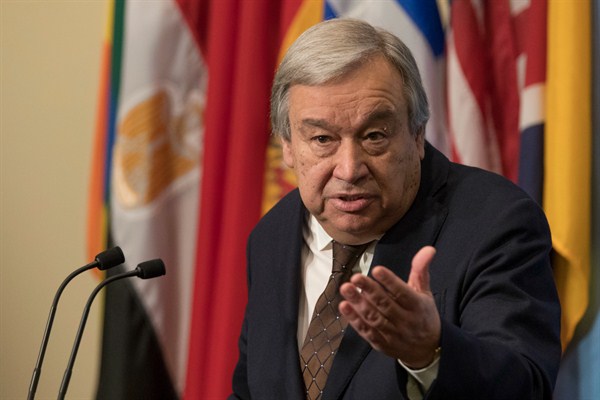All bureaucracies need heroes. The employees of most large organizations spend their days taking notes and bickering over their vacation dates. They require a few exemplary individuals, past or present, to inspire them. Bankers laud the financial wizards who landed big deals. Lawyers lionize the legal eagles who won famous cases.
The United Nations is no different. U.N. officials tend to be smart, highly educated and distinctly frustrated by the organization’s struggle to stay relevant on the world stage. Anyone who has encountered this admirably cosmopolitan tribe of officials knows that they are also collectively obsessed by their right to travel business class.
But U.N. insiders hark back to a few archetypal heroes who epitomized the spirit of international civil service. One is the organization’s second secretary-general, Dag Hammarskjold, who hurtled around the world mediating Cold War conflicts in the late 1950s and early 1960s, dying in a mysterious plane crash in Africa. The star of the early post-Cold War era was Sergio Vieira de Mello, a charismatic Brazilian who served in the Balkans and East Timor, losing his life in a bomb attack in Iraq in 2003.

